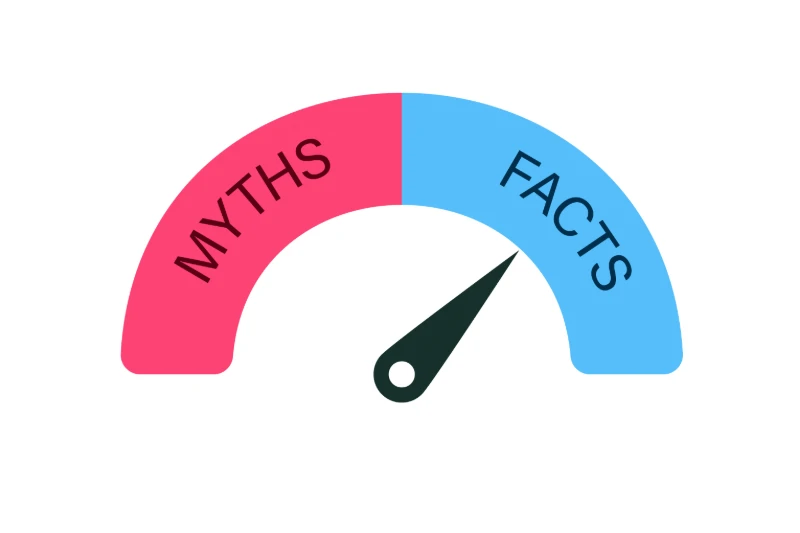When it comes to getting a mortgage, there’s no shortage of misinformation. Many homebuyers, especially…
Loan Application: The Documents Your Mortgage Loan Officer Will Ask For
If you are a first-time homebuyer (or even if you’ve done this a few times), it can be easy to get bogged down in the requests for paperwork coming from your lender. Here are a few of the most common documents that loan officers need when processing and approving your mortgage application.
Documents Your Mortgage Loan Officer Will Look For
- Income Verification: This can be a W-2, 1099, or other IRS form that provides a record of your income. If you are self-employed, you can provide a copy of your business’ books that shows income, although expect to need a longer history as well as additional means to verify, such as invoice receipts.
- Taxes: Lenders typically ask for copies of your tax returns for the past two years. If you are self-employed or have experienced a change in job or income, they may want to see more.
- Assets: If you already own property, stocks, retirement accounts, or any other assets, these are important to include. Your lender will consider these when approving your loan.
- Debts: It’s not use hiding debts from your lender, since they will show up on your credit report. You should provide statements that show the current balance of all of your debts. This can include existing mortgages, car loans, student loans, credit cards, or other debts.
- Identification: Of course your lender will want to make sure that you are the actual person applying for the loan. Identity theft is a serious problem in the financial industry and a good lender will take necessary safeguards to protect your personal information and confirm your identity. One of these is to ask for a valid form of photo ID.
- Credit Score: Your lender will obtain this independently, but you will need to sign a form that authorizes them to do so. Your credit score provides a number (based on your current debts, payment history, and other factors) that lets the lender know how likely you are to pay the loan back. A higher numbers means that you are more credit-worthy.





